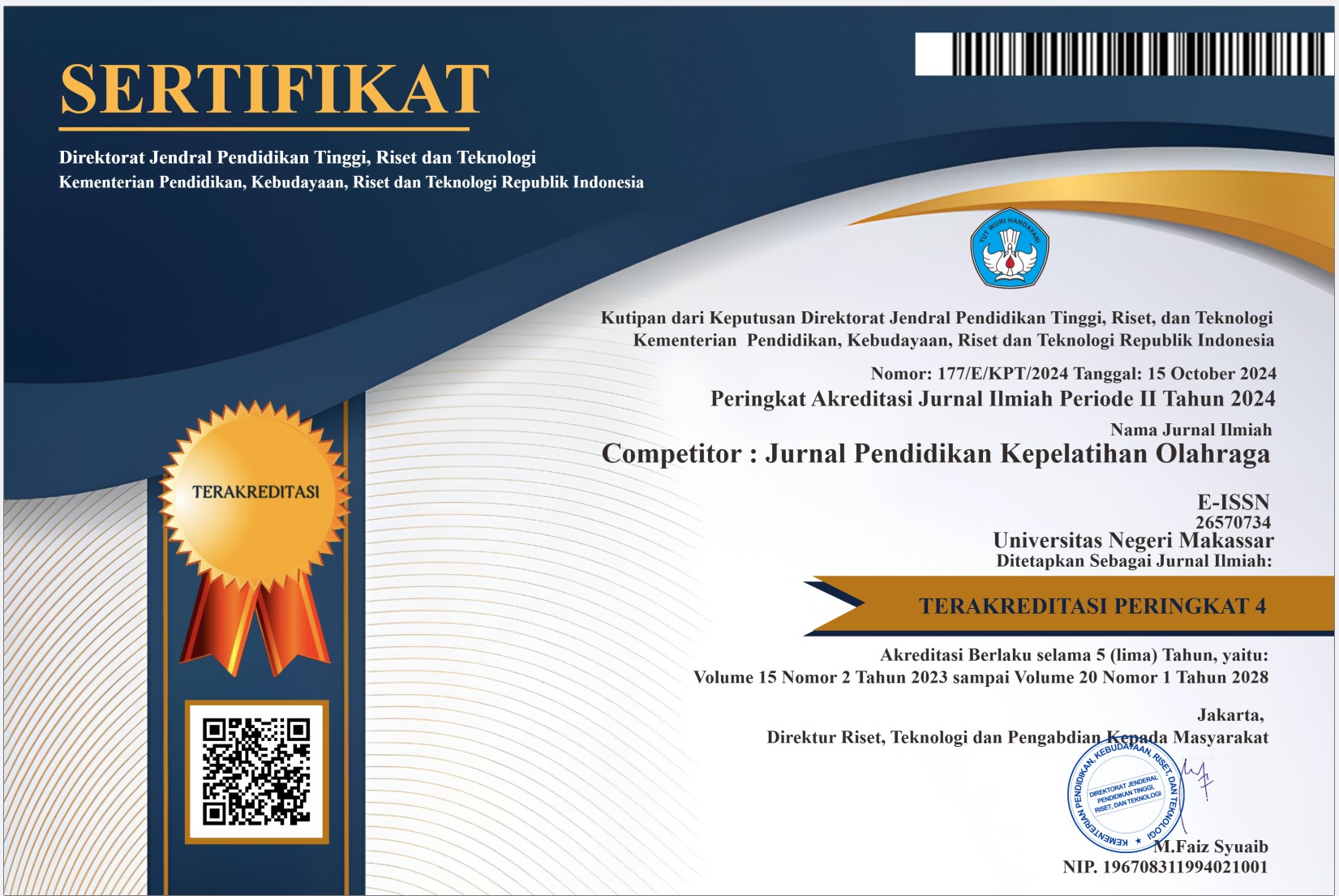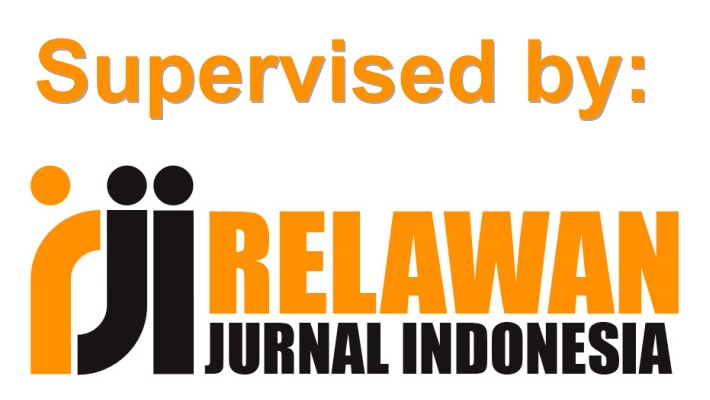The Impact of Social Media on Adolescents' Self-Regulation and Empathy: A Literature Analysis of Social Psychology and Digital Behavior
DOI:
https://doi.org/10.26858/cjpko.v17i2.298Keywords:
Adolescents;, Social Media;, Self-Regulation;, Empathy;, Digital Behavior.Abstract
This study aims to analyze the impact of social media on adolescents’ self-regulation and empathy by reviewing 25 peer-reviewed journal articles published between 2014 and 2024. Utilizing a qualitative literature review method and thematic content analysis, the research explores patterns and outcomes drawn from recent empirical findings in social psychology and digital behavior. The results reveal a dual impact of social media use. Regarding self-regulation, 13 studies (52%) reported negative outcomes such as decreased attention control, increased impulsivity, and dependence on online validation. Conversely, 8 studies (32%) found that certain digital tools, like habit-tracking apps or reflective content, can enhance self-monitoring and emotional control. For empathy, 10 studies (40%) indicated positive effects—such as increased affective empathy through exposure to online social campaigns—while 9 studies (36%) showed negative effects, like emotional desensitization and reduced cognitive empathy due to diminished face-to-face interaction. The remaining articles presented mixed results. Contextual factors such as interaction type (active vs. passive use), platform characteristics, age, and parental mediation were found to moderate the psychological outcomes. These findings underscore the importance of promoting mindful, purposeful social media use and call for collaborative strategies involving educators, parents, and policymakers to support adolescents’ emotional development in digital spaces.
References
Abi-Jaoude, E., Naylor, K. T., & Pignatiello, A. (2020). Smartphones, social media use and youth mental health. CMAJ, 192(6), E136–E141. https://doi.org/10.1503/cmaj.190434
Anderson, C. A., & Bushman, B. J. (2002). Human aggression. Annual Review of Psychology, 53, 27–51. https://doi.org/10.1146/annurev.psych.53.100901.135231
Bandura, A. (2001). Social cognitive theory of mass communication. Media Psychology, 3(3), 265–299. https://doi.org/10.1207/S1532785XMEP0303_03
Castleberry, A., & Nolen, A. (2018). Thematic analysis of qualitative research data: Is it as easy as it sounds? Currents in Pharmacy Teaching and Learning, 10(6), 807–815. https://doi.org/10.1016/j.cptl.2018.03.019
Crone, E. A., & Konijn, E. A. (2018). Media use and brain development during adolescence. Nature Communications, 9, 588. https://doi.org/10.1038/s41467-018-03126-x
Decety, J., & Cowell, J. M. (2015). Empathy, justice, and moral behavior. AJOB Neuroscience, 6(3), 3–14. https://doi.org/10.1080/21507740.2015.1047055
Duckworth, A. L., & Steinberg, L. (2015). Unpacking self-control. Child Development Perspectives, 9(1), 32–37. https://doi.org/10.1111/cdep.12107
George, M. J., & Odgers, C. L. (2015). Seven fears and the science of how mobile technologies may be influencing adolescents in the digital age. Perspectives on Psychological Science, 10(6), 832–851. https://doi.org/10.1177/1745691615596788
Hamdani, S., Nurjanah, S., & Fikri, M. (2020). Parental mediation and adolescents' online behavior in Indonesia. Jurnal Psikologi Islam dan Budaya, 2(1), 45–57. https://doi.org/10.15575/jpib.v2i1.11150
Konrath, S. H., O’Brien, E. H., & Hsing, C. (2011). Changes in dispositional empathy in American college students over time. Personality and Social Psychology Review, 15(2), 180–198. https://doi.org/10.1177/1088868310377395
Lee, S. Y., & Cho, Y. H. (2020). Screening criteria for digital behavior studies in youth populations: A scoping review. Youth & Society, 52(8), 1123–1142. https://doi.org/10.1177/0044118X20919931
Michikyan, M., Subrahmanyam, K., & Dennis, J. (2014). Facebook use and academic performance among college students: A mixed-methods study with a multi-ethnic sample. Computers in Human Behavior, 31, 208–217. https://doi.org/10.1016/j.chb.2013.10.015
Nesi, J., Prinstein, M. J., & Telzer, E. H. (2017). Digital media and adolescent brain development: Implications for self-regulation and social-emotional well-being. Current Opinion in Psychology, 24, 120–126. https://doi.org/10.1016/j.copsyc.2018.09.005
Nowell, L. S., Norris, J. M., White, D. E., & Moules, N. J. (2017). Thematic analysis: Striving to meet the trustworthiness criteria. International Journal of Qualitative Methods, 16(1), 1–13. https://doi.org/10.1177/1609406917733847
Page, M. J., McKenzie, J. E., Bossuyt, P. M., Boutron, I., Hoffmann, T. C., Mulrow, C. D., ... & Moher, D. (2021). The PRISMA 2020 statement: An updated guideline for reporting systematic reviews. BMJ, 372, n71. https://doi.org/10.1136/bmj.n71
Reinecke, L., Aufenanger, S., Beutel, M. E., Dreier, M., Quiring, O., Stark, B., ... & Müller, K. W. (2018). Digital stress over the life span: The effects of communication load and Internet multitasking on perceived stress and psychological health impairments in a German probability sample. Media Psychology, 21(1), 49–69. https://doi.org/10.1080/15213269.2016.1224367
Turel, O., & Bechara, A. (2016). A triadic reflectance model of social media self-control failure. Cyberpsychology, Behavior, and Social Networking, 19(11), 661–666. https://doi.org/10.1089/cyber.2016.0175
Williams, A. L., & Merten, M. J. (2021). A thematic analysis of social media and adolescent development. Journal of Adolescent Research, 36(2), 123–145. https://doi.org/10.1177/0743558420918328
Zhang, R., Xu, H., Jiang, Y., & Yu, L. (2021). A systematic review of adolescent psychological studies in digital contexts. Journal of Adolescence, 89, 15–28. https://doi.org/10.1016/j.adolescence.2021.03.002
Downloads
Published
Issue
Section
License
Copyright (c) 2025 Arfia Salsa Aulia Sahab, Muhammad Nur Hidayat Nurdin, Ismalandari Ismail (Author)

This work is licensed under a Creative Commons Attribution 4.0 International License.



















